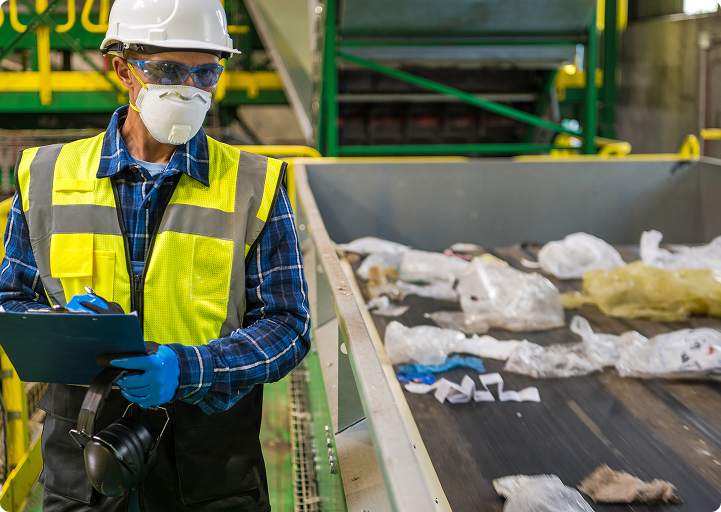refers to the process of managing, processing, and disposing of waste materials in an environmentally responsible manner. It includes methods such as recycling, composting, incineration, and wastewater treatment to minimize pollution and promote sustainability.
By implementing efficient waste treatment solutions, we can reduce environmental impact, conserve resources, and create a cleaner, healthier future.

Modern waste treatment solutions prioritize sustainability by reducing landfill waste, minimizing pollution, and promoting recycling. These processes help protect ecosystems and reduce the environmental footprint of human activities.
Advanced waste treatment techniques extract valuable materials such as metals, plastics, and organic matter for reuse. This not only conserves natural resources but also reduces the need for virgin raw materials, supporting a circular economy.
Innovative waste-to-energy (WTE) technologies convert organic and non-recyclable waste into electricity, heat, or biofuels. This sustainable approach helps reduce landfill usage while contributing to the renewable energy sector.
By processing waste efficiently, modern treatment methods significantly lower methane emissions from landfills. Controlled incineration, composting, and anaerobic digestion help curb climate change by reducing harmful gases.
Proper waste treatment prevents the spread of diseases and contaminants. Advanced processing methods ensure safe disposal of hazardous and medical waste, protecting both human health and the environment.
We revolutionize waste management with cutting-edge recycling, composting, and disposal strategies that reduce landfill waste and environmental pollution. Our approach prioritizes resource conservation, energy recovery, and circular economy practices, ensuring a cleaner, healthier planet for future generations. Through innovation and responsibility, we turn waste into opportunity, minimizing ecological footprints while maximizing sustainability.